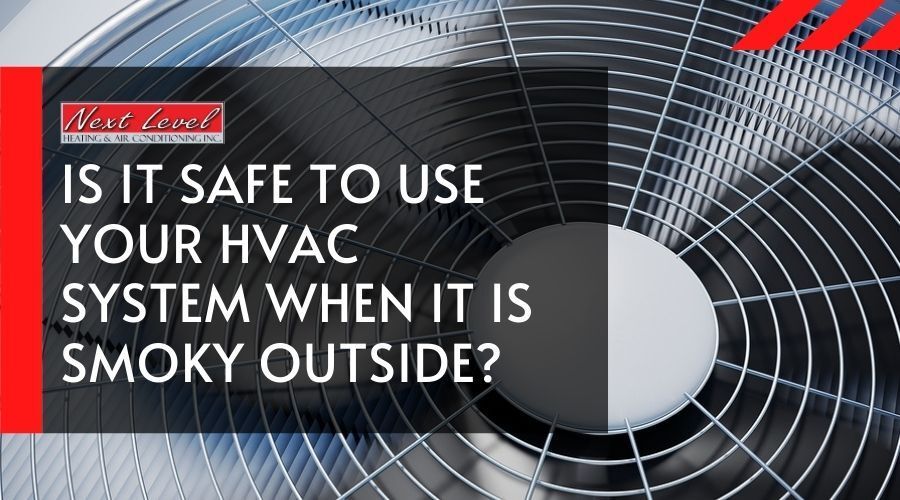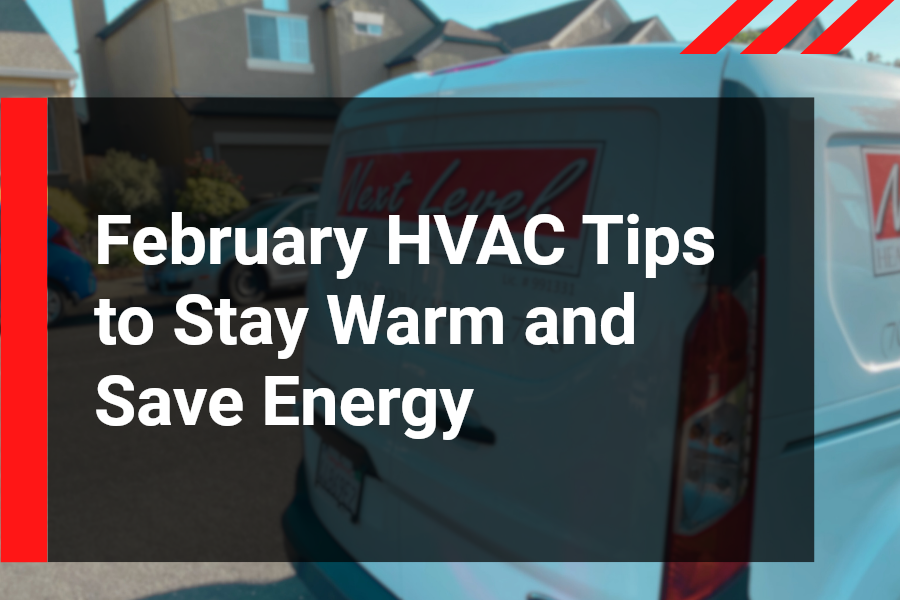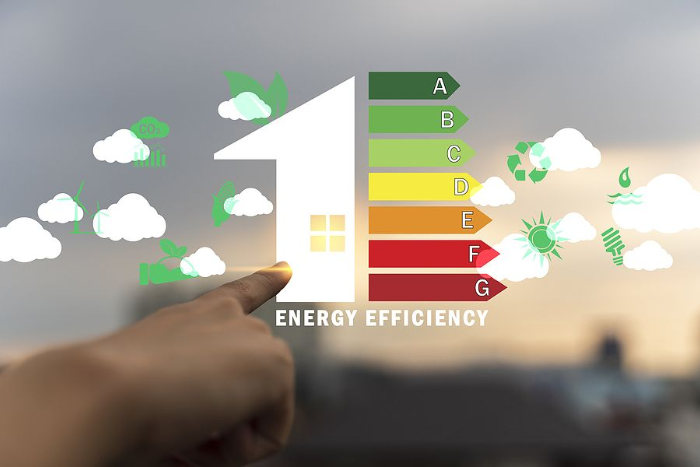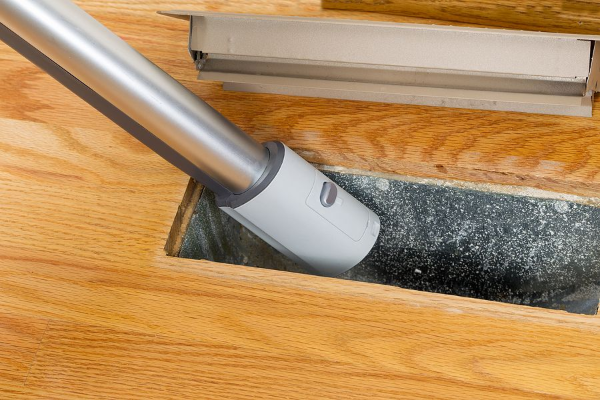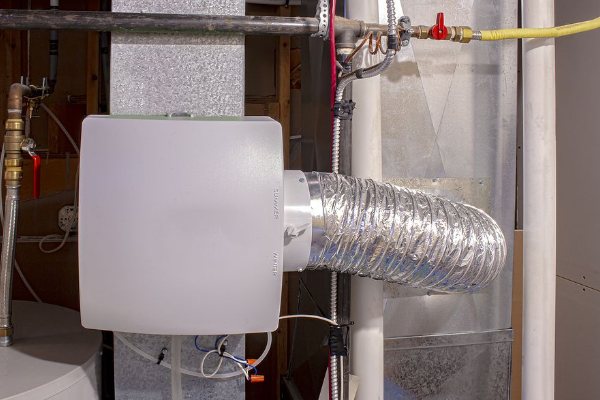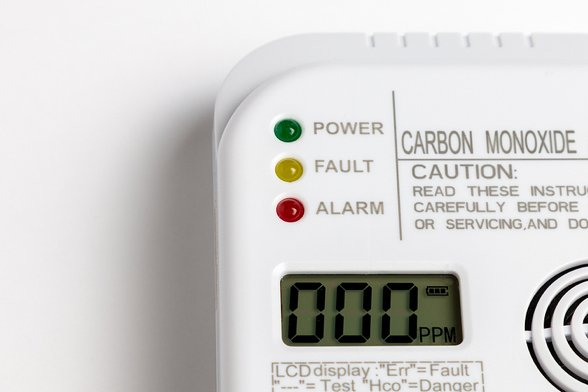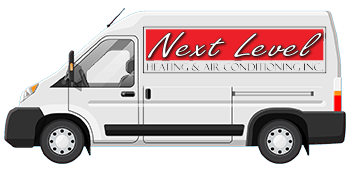Should I Use My HVAC System When It Is Smoky Outside?
Every year, more than 5 million acres of land are destroyed because of wildfires, causing hundreds of thousands of dollars in damage. Wildfires are a serious concern during the summer months in the U.S. On a warm summer day, a small event such as a lightning strike or a spark from a car’s wheel can ignite a fire. Fires can spread at a rate of up to 15 miles per hour, quickly consuming brush, trees and plants.
Wildfires often cause a great deal of smoke to accumulate in the air. Because smoky conditions are directly connected to air quality and can make people sick, it is a good idea to remain indoors as much as possible. You can stay cool on long summer days by running your HVAC system. Luckily, it is completely safe to use your air conditioner when the air quality outside is less than optimal. Read below for more information on using your HVAC system when it’s smoky outside:
Breathing Smoky Air Can Cause Health Problems
According to the Centers for Disease Control, inhaling smoky air caused by wildfires can irritate your airways and is particularly dangerous for infants, the elderly and individuals with heart or lung disease. Inhaling smoky air can cause the following health issues:
- Dry cough
- Difficulty breathing
- Itchy, stinging eyes
- Sore throat
- Running nose
- Sinus issues
- Wheezing
- Shortness of breath
- Chest pain
This is not a comprehensive list of all the health problems associated with inhaling smoky air and you may experience severe or mild symptoms. It is advised to stay indoors as much as possible when the air quality outside is poor.
Using Your Air Conditioner in Smoky Weather is Safe
If you are like most people, you may worry that running your HVAC system when it is smoky outside will bring smoke and other harmful pollutants into the home. Experts say that it is safe to run your HVAC system in smoky conditions, even if wildfires are particularly severe in your area.
When your unit is on, the air circulating inside your home is not being replaced with outside air. Instead, air conditioners exchange air by using a coolant mechanism to absorb the heat inside your home. The unit’s fan then sucks out the heat and expels the air outdoors. At no time during the process does outside air come inside the home. Thus, smoky air and pollutants from the outside have no way of contaminating the air inside your home.
However, window air conditioners are not safe unless they are sealed properly. Ensure all of the edges around the unit are sealed by a professional HVAC contractor to keep air from the outside from leaking into the home.
Contact Next Level HVAC Today
At Next Level HVAC, we understand that having a properly maintained HVAC system is essential to keeping your family comfortable and healthy. Next Level HVAC is an experienced, affordable HVAC contractor in Sonoma and Marin County. If you have special health concerns, contact us today and we can come up with an air conditioning solution that is best for your situation.

